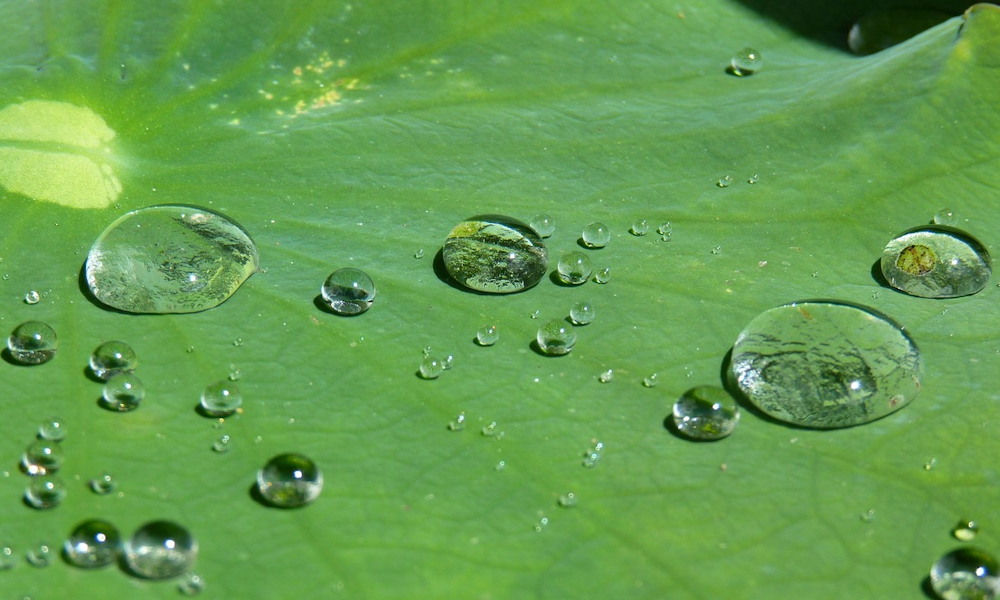The term “lotus effect” has fascinated scientists, gardeners, and innovators alike, capturing the essence of nature’s incredible ability to maintain cleanliness. This article delves into the origins, implications, and modern applications of the lotus effect, shedding light on how you can incorporate this phenomenon into your garden and beyond.
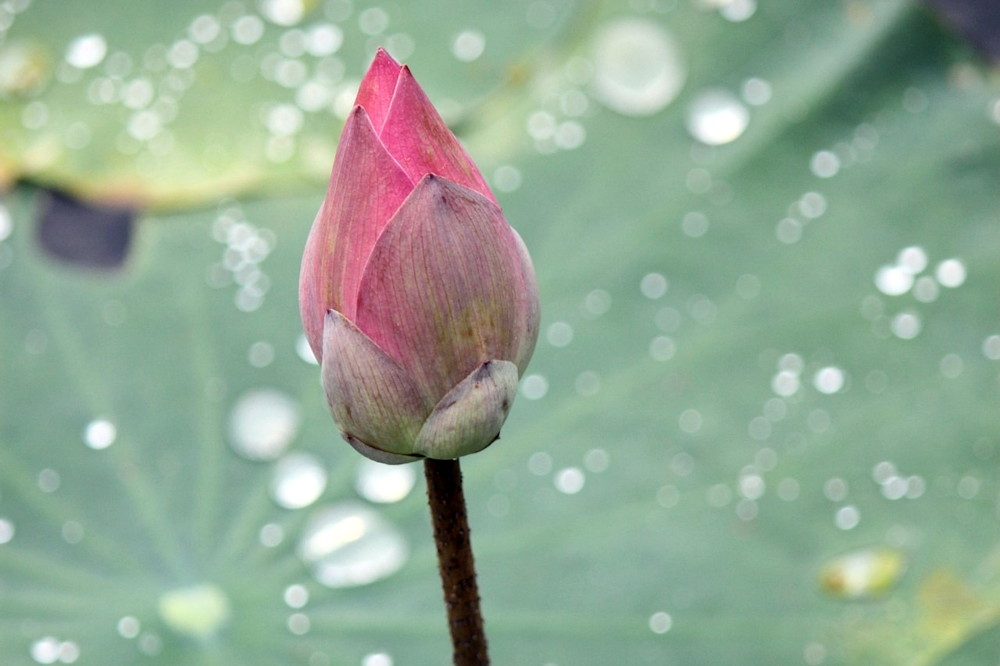
Origins and Meaning of the Lotus Effect
The term “lotus effect” originates from the sacred lotus plant (Nelumbo nucifera), revered in many cultures for its purity. Despite growing in muddy waters, the lotus leaf remains impeccably clean. This self-cleaning ability is due to the microscopic structure of the leaf surface, which is covered in tiny, waxy bumps. These bumps minimize contact with water and dirt, causing water droplets to bead up and roll off, taking dirt particles with them.

Plants Exhibiting the Lotus Effect
While the lotus is the most well-known example, several other plants also showcase this remarkable trait. Here are some common garden plants that exhibit the lotus effect:
- Cabbage (Brassica oleracea) – The waxy coating on cabbage leaves repels water and dirt, making them easy to clean.
- Bamboo (Bambusoideae) – Bamboo leaves exhibit hydrophobic properties similar to the lotus, making them resistant to water and grime.
- Colocasia (Colocasia esculenta) – Also known as taro, the leaves of this plant have a water-repellent surface.
- Lady’s Mantle (Alchemilla mollis) – This plant is famous for its leaves’ ability to catch and hold dew in sparkling droplets.
- Indian Cress (Tropaeolum majus) – Commonly known as nasturtium, its leaves demonstrate a high degree of water repellency.
- Lupine (Lupinus) – Lupine leaves also exhibit the lotus effect, with water droplets easily rolling off their surface, keeping them clean and dry.

Innovations Inspired by the Lotus Effect
Beyond the garden, the lotus effect has inspired numerous innovations across various fields. Some of the most notable applications include:
- Self-Cleaning Paints and Coatings: Products like Lotusan paint mimic the lotus leaf structure, making building exteriors resistant to dirt and grime.
- Water-Repellent Textiles: Outdoor clothing and gear manufacturers use lotus effect principles to create water-resistant fabrics.
- Anti-Fouling Surfaces: In marine environments, lotus-inspired coatings help prevent the accumulation of algae and barnacles on ships’ hulls.
- Medical Devices: Self-cleaning materials are used in medical equipment to reduce the risk of contamination and infection.
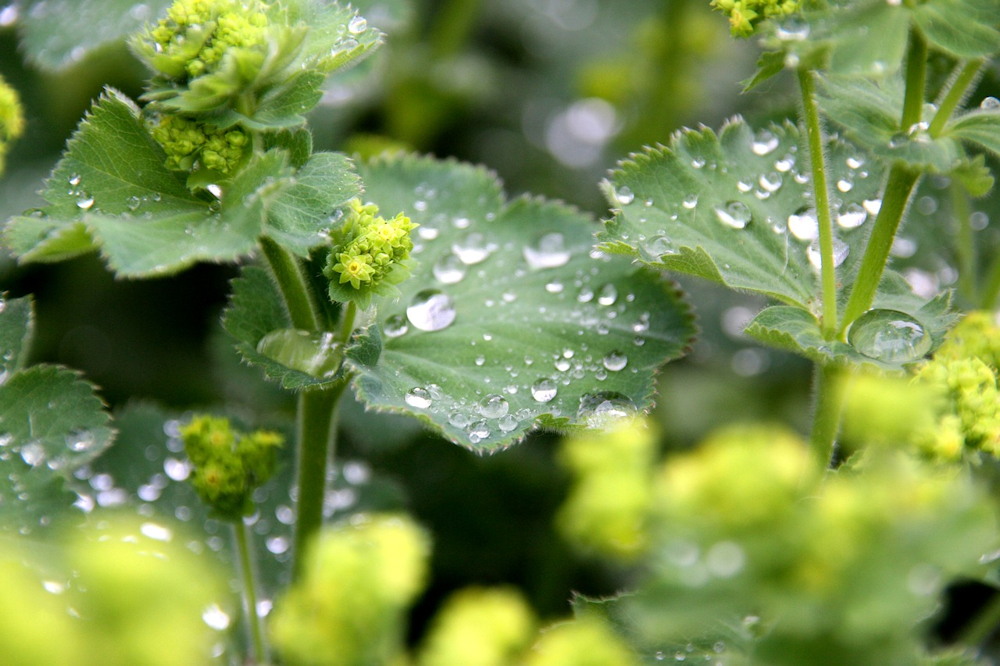
Recent Innovations and Publicity
Among the numerous applications, self-cleaning glass and smartphone screens have received significant attention. These innovations ensure that surfaces remain clear of fingerprints, dust, and other residues, enhancing user experience and reducing maintenance.

Seven Interesting Facts About the Lotus Effect
- Microscopic Magic: The lotus leaf’s surface is covered in nano-scale structures, creating a superhydrophobic surface.
- Biomimicry Pioneer: The lotus effect is a prime example of biomimicry, where nature’s designs inspire human innovation.
- Durability: Lotus effect coatings can significantly increase the lifespan of materials by protecting them from water damage and soiling.
- Eco-Friendly: Many lotus-inspired products reduce the need for harsh cleaning chemicals, benefiting the environment.
- Versatility: The principles of the lotus effect can be applied to various materials, from glass to textiles to metals.
- Natural Inspiration: Besides plants, some insect wings, like those of cicadas and dragonflies, also exhibit the lotus effect.
- Cultural Symbolism: In addition to its scientific significance, the lotus symbolizes purity and resilience in many cultures.
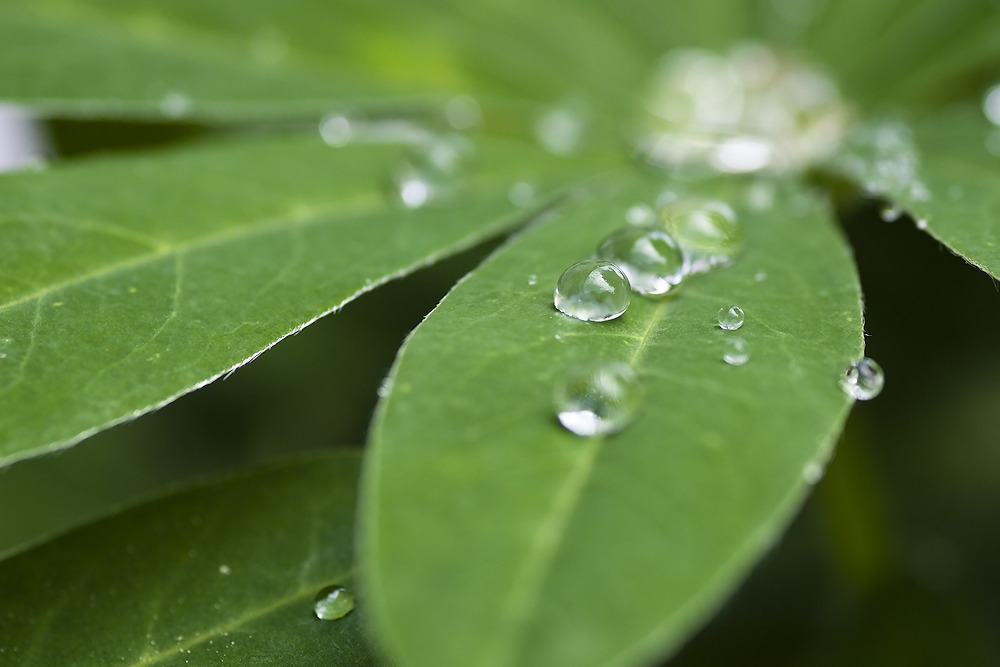
Bringing the Lotus Effect to Your Garden
As a gardener, incorporating plants with the lotus effect can enhance the beauty and ease of maintaining your garden. Plants like lady’s mantle and nasturtium not only add aesthetic appeal but also demonstrate nature’s ingenuity in keeping surfaces clean. By understanding and utilizing these plants, you can create a garden that remains fresh and vibrant with minimal effort.
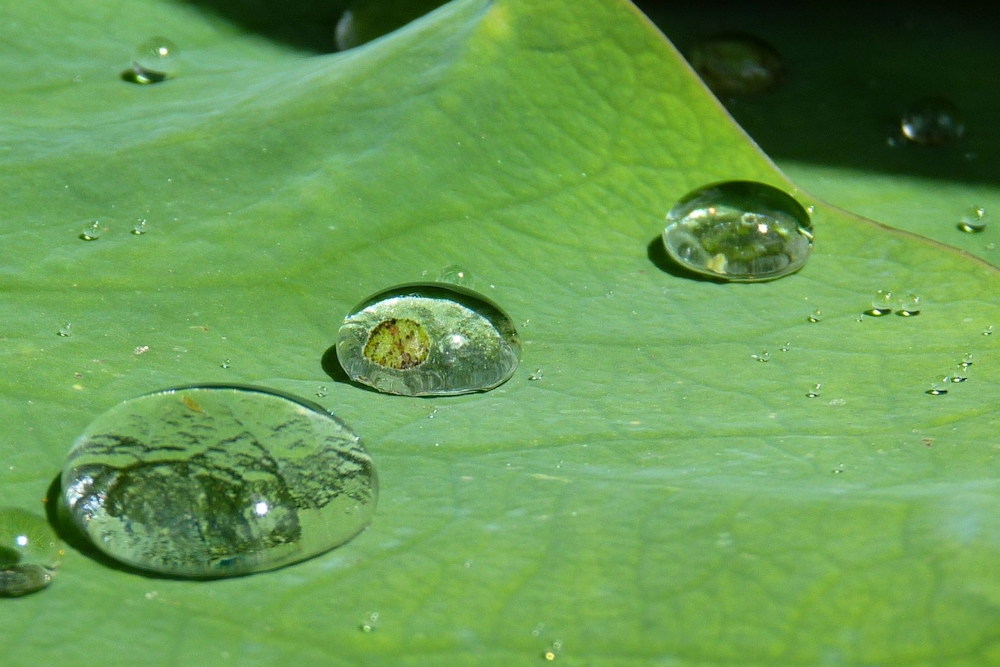
Embracing Nature’s Ingenious Cleanliness
The lotus effect is a testament to nature’s incredible engineering, offering practical solutions and inspiring innovations across various industries. By embracing plants with this self-cleaning capability, gardeners can enjoy a low-maintenance, beautiful garden.
Simultaneously, the broader applications of the lotus effect continue to revolutionize technology and materials science, proving that sometimes, the best ideas come from simply observing the natural world.
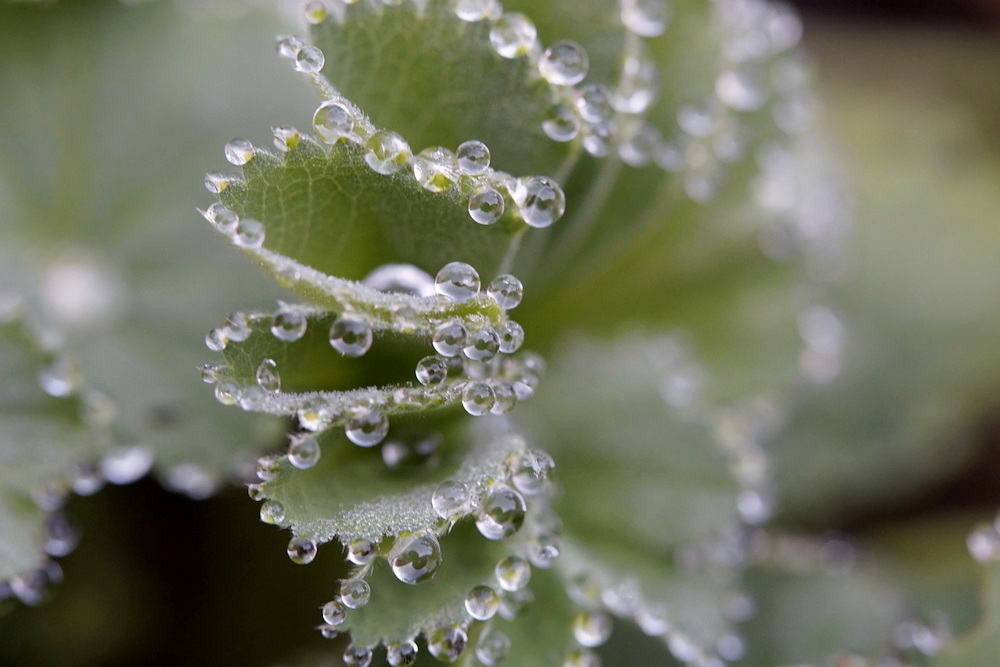
Incorporating the lotus effect into your garden and everyday life not only simplifies maintenance but also connects you to a fascinating natural phenomenon with endless possibilities for innovation and inspiration.



